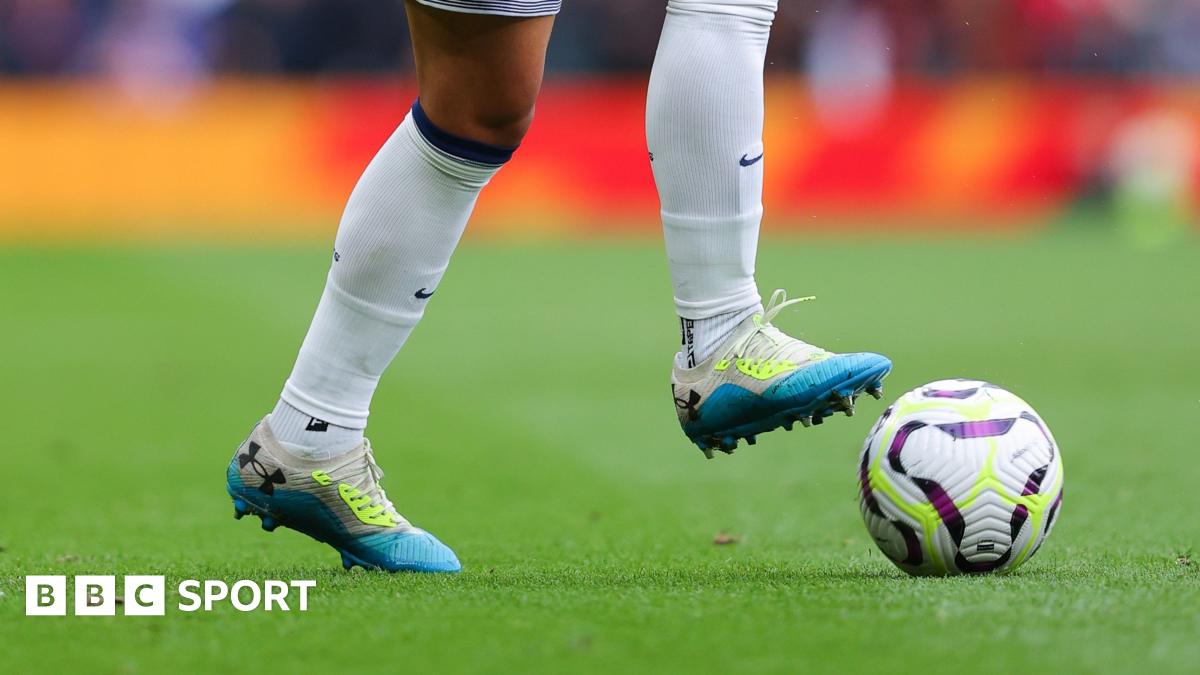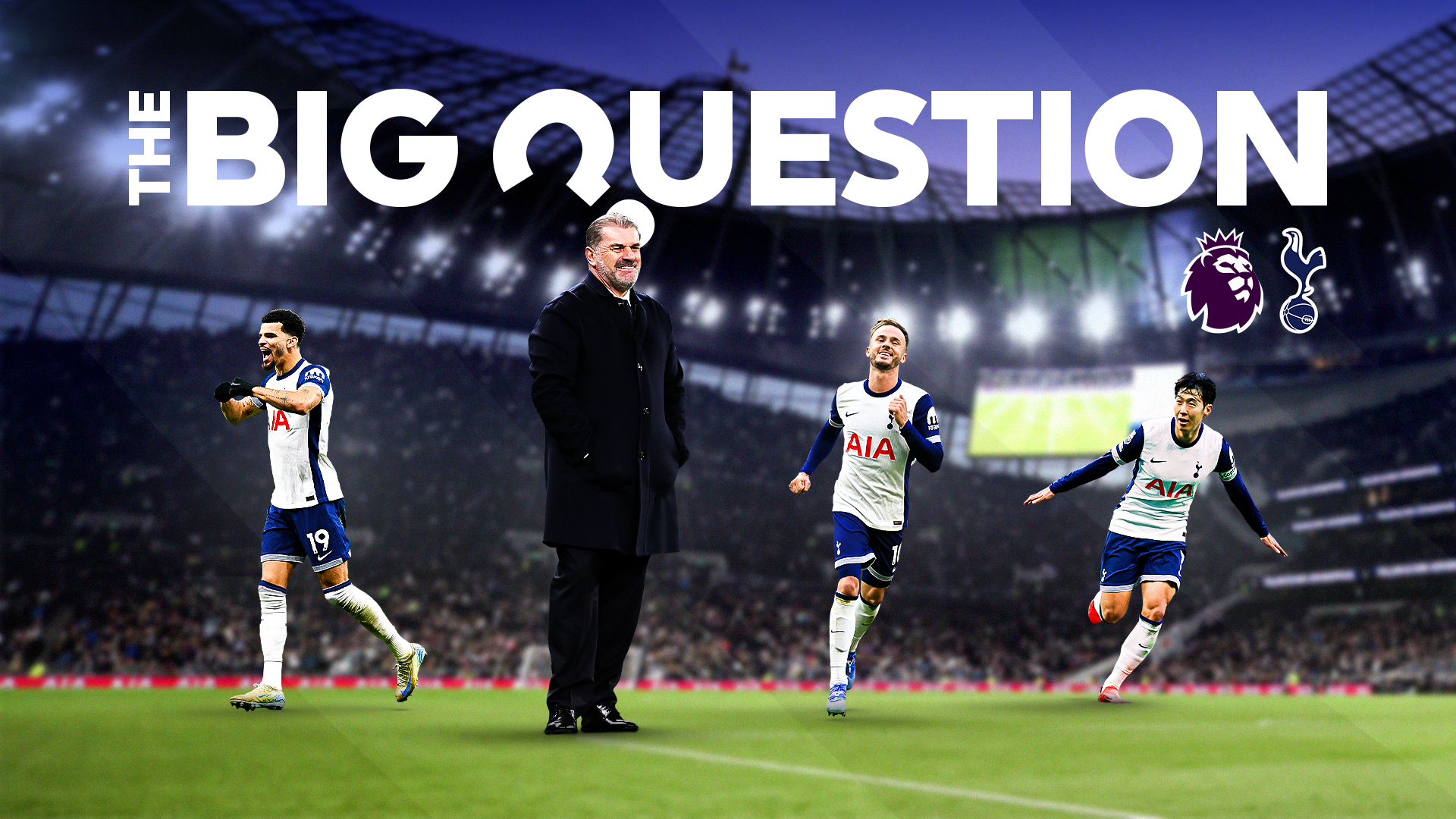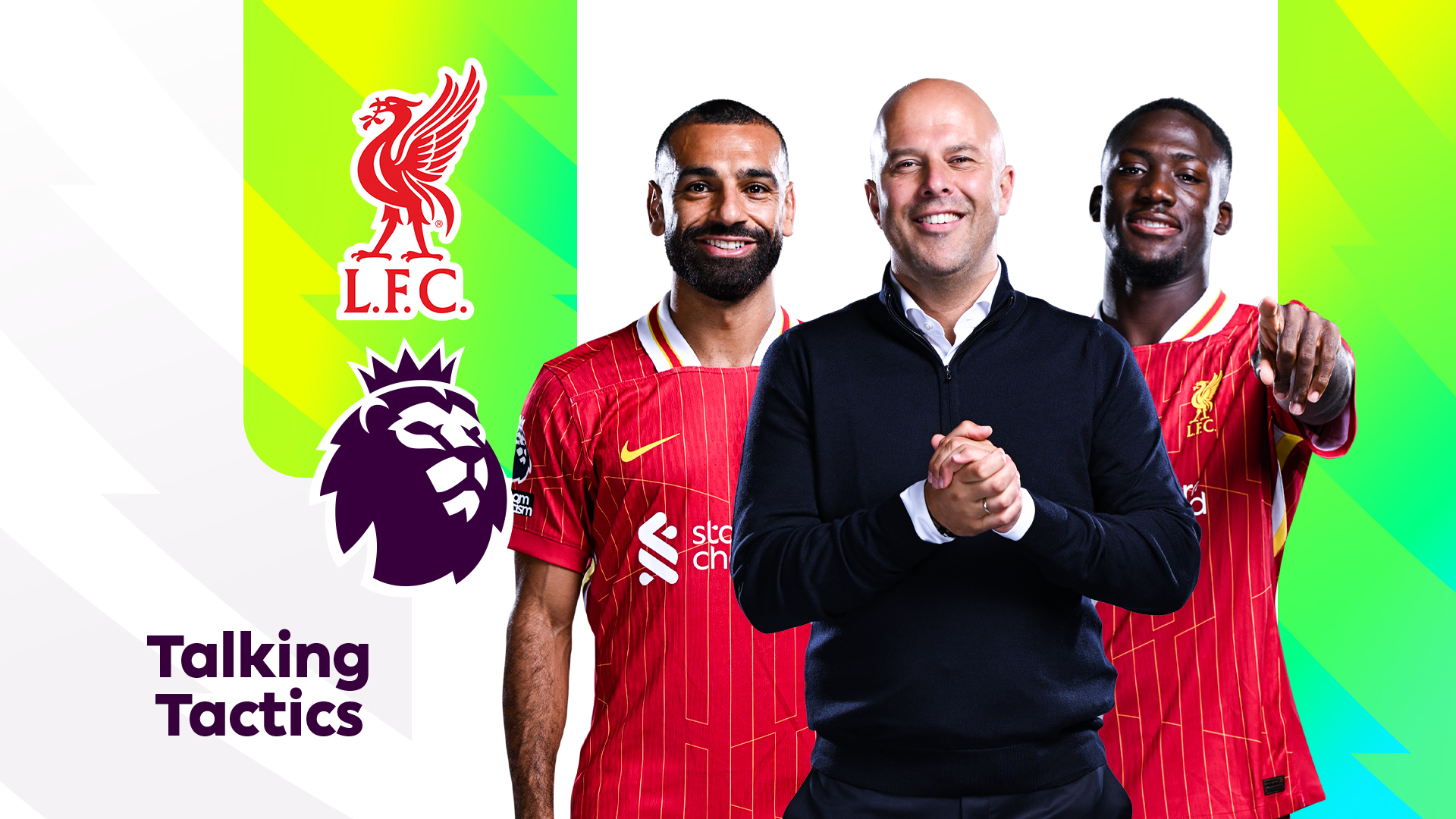Finney Is Back
Paul Stewart
Some earlier stats posted showed that our distance run and sprints made stats were very similar to Liverpool's.Of course it can depend on your output/actions within those minutes.
Think rounds in boxing.
Some earlier stats posted showed that our distance run and sprints made stats were very similar to Liverpool's.Of course it can depend on your output/actions within those minutes.
Think rounds in boxing.
Some earlier stats posted showed that our distance run and sprints made stats were very similar to Liverpool's.


Of course it can depend on your output/actions within those minutes.
Think rounds in boxing.

The second article only shows one stat where you can compare us to Liverpool (and I'm not convinced that average time delay before restarting play is a massively important one. Even in that stat you see Liverpool in third place.FWIW those charts posted a few pages ago were from a BBC article on the 4th of October, so I don’t know if the same is still true

Premier League news: Distance and sprint - which team does it best?
Premier League news: Distance and sprint - which team does it best?www.bbc.co.uk
This piece on our incredible sprinting stats posted before the Liverpool match show that we’ve taken on Bielsa’s mantle for muderball.

The Big Question: Which Spurs will turn up against Liverpool?
Consistency has been Spurs' biggest issue this season as Ben Bloom looks at whether they can inflict a blow to the league leaderswww.premierleague.com
Opta Analyst found that Postecoglou’s side rank first in the Premier League this season for sprints (180.7 per game), pressures in the final third (68.7 per game), off-the-ball runs to try and receive a pass (172.5 per game), sprints to try and receive a pass (59.8 per game), and overlapping runs (32.8 per game). Their average distance of each off-the-ball run (22.1 metres per run) is also further than any other team.
Whilst I can understand wanting to overpower opponents by outrunning them I’m unsure there’s quite such a clear benefit to rushing to take goal kicks when we’re leading games.
It all requires an extraordinary amount of work that is inevitably difficult to maintain at all times. In fact, Postecoglou’s demand for high intensity even extends to getting the ball back into play. Opta Analyst found there is scarcely any effort to slow play and run down the clock when Spurs are ahead in games, using an average of just 17.3 seconds (the quickest in the league by some margin) to take a goal-kick when they are winning.
View attachment 18382
You have to doff your cap to Liverpool looking at those stats.
We really should have recalled Philips and Keeley before the noon deadline tofay
Bring your boots with you tomorrow...
Great, keeper and no cb's....
Re Liverpool, I'd think it's a bit of both. Not having injuries to start with, having a fairly big squad of good players, which means you CAN rotate, and luck.Yet a bunch of people on here want us to replace our current manager with the manager of Bournemouth....
Liverpool's stats are also broadly similar to ours and yet they are fine. Is that because they have a bigger, better squad than us or could it be that they have just been less unlucky with injuries?
The second article only shows one stat where you can compare us to Liverpool (and I'm not convinced that average time delay before restarting play is a massively important one. Even in that stat you see Liverpool in third place.

Those stats do not correspond with other stats posted here, where Liverpool were pretty close to our numbers for distance and sprints.Looks like Slot has ratcheted down their sprinting since the start of the season, to compensate for having some older players in the squad who cannot gegenpress like they used to back in Klopp’s heyday.

Looking at Liverpool under Arne Slot 🔎 — PFF FC BLOG
Ryan Gravenberch’s evolution, Alexis Mac Allister’s impact without G/A’s, and a look at Salah ‘s season thus farwww.blog.fc.pff.com
Those figures posted a few pages back were from this BBC article following week 6 of the season, back when Slot was gradually getting Klopp's players accustomed to a new brand of football.Those stats do not correspond with other stats posted here, where Liverpool were pretty close to our numbers for distance and sprints.



Those stats do not correspond with other stats posted here, where Liverpool were pretty close to our numbers for distance and sprints.
Very difficult to get anything out of it, when there's no context. Avg. Per 90? For what? For the whole squad? Per player? Or maybe total for the whole team, diveded per player that has played, and then averaged over 90 minutes?
Impossible to make anything out of it without context.


I'm confused, they mention PPDA of 15.8 being great (1st) and 11.5 being meh (11th).A measure of pressing intensity, PPDA is calculated as follows: the number of passes completed by the opposition divided by the number of defensive actions by the out-of-possession team (defensive actions are interceptions, successful tackles, attempted tackles and fouls) Last season their average of 15.8 was the highest in the Premier League, but as it stands they are ranked joint-11th, with 11.5 per 90.
I'm confused, they mention PPDA of 15.8 being great (1st) and 11.5 being meh (11th).
Then the table they show has PPDA of 8 being great (2nd) and 10.8 being very good (4th).
So what is a good number here... is it 15.8 or 8?
And actually are we saying PPDA for yourselves should be low (you don't allow the oppo to pass) whereas PPDA for your opposition should be high.. or vice versa... is there PPDA for yourselves and PPDA for opponents???
PPDA – Passes Allowed per Defensive Action
PPDA is the number of opposition passes allowed outside of the pressing team’s own defensive third, divided by the number of defensive actions by the pressing team outside of their own defensive third. In our PPDA calculation, the defensive actions are fouls, tackles, interceptions, challenges, and blocked passes.
Pressed Sequences
The number of open-play sequences starting in their defensive third where the opposition has three or fewer passes, and the sequence ends in their own half.


Liverpool are devastating on the counter but the way they play is not dissimilar to the way they played under Klopp. They pass it round the outside of the box, get it to Trent and he whips a ball into the back post. They have runners in the back post knowing Trent and Robinson will find them and if the balls loose they have players in the box to tap it in.Looks like Slot has ratcheted down their sprinting since the start of the season, to compensate for having some older players in the squad who cannot gegenpress like they used to back in Klopp’s heyday.

Looking at Liverpool under Arne Slot 🔎 — PFF FC BLOG
Ryan Gravenberch’s evolution, Alexis Mac Allister’s impact without G/A’s, and a look at Salah ‘s season thus farwww.blog.fc.pff.com
Re Liverpool, I'd think it's a bit of both. Not having injuries to start with, having a fairly big squad of good players, which means you CAN rotate, and luck.
We had a few injured at the start of the season, Odobert arrived late, Solanke got injured pretty much straight away etc.
We use essential cookies to make this site work, and optional cookies to enhance your experience.
